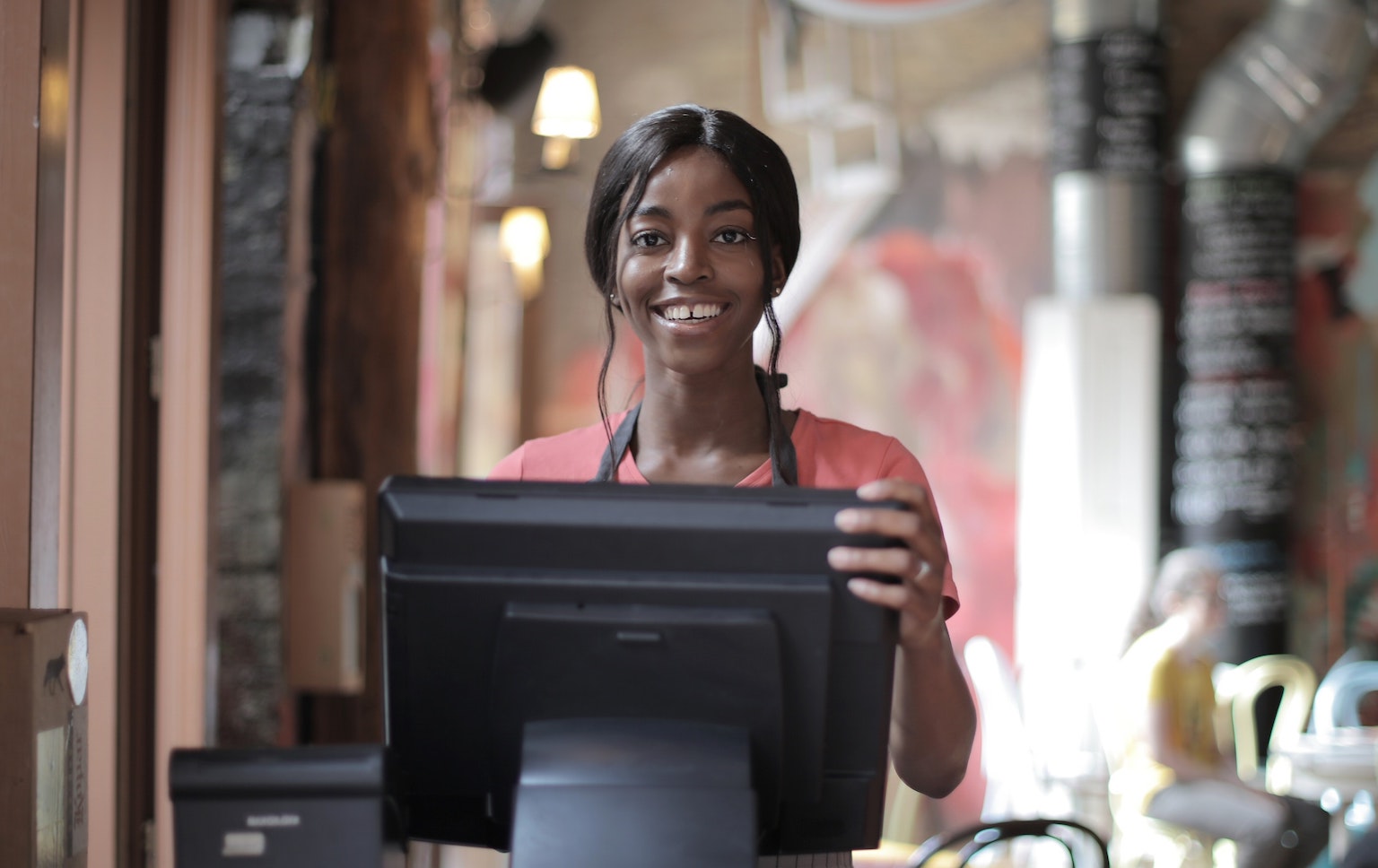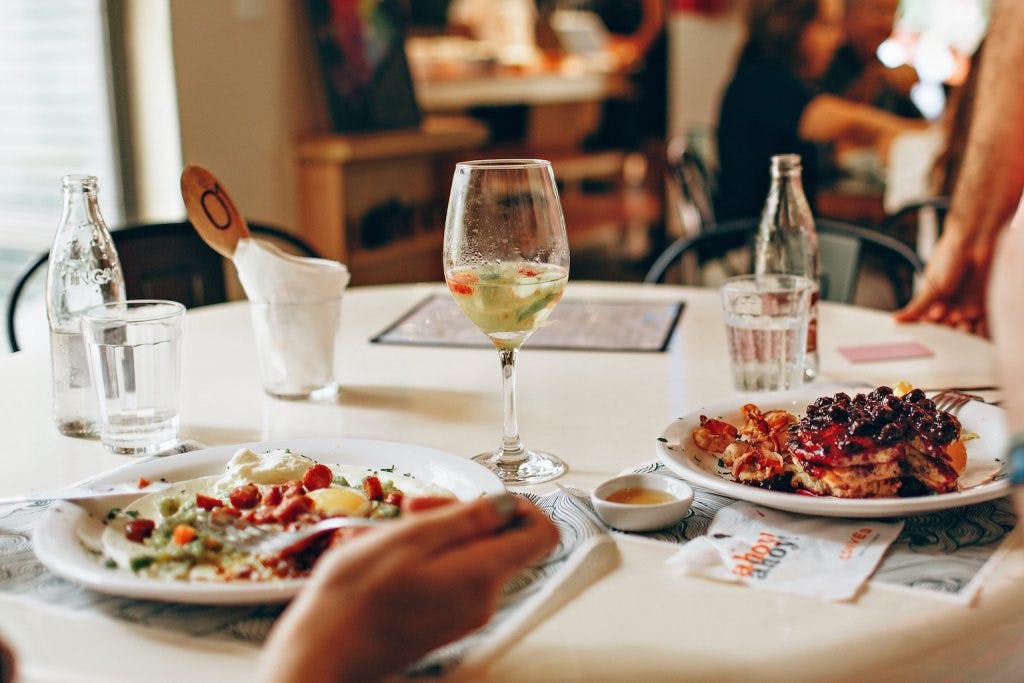Are you going bananas for English yet? This is just one food-related American idiom that you can use as you become more and more confident in speaking the language. Every day and every circumstance is a good opportunity for you to practice your language skills, and here are some tips you can use to learn appropriate English when dining out.
A little courtesy goes a long, long way.
Wherever you go, it is important to be polite and courteous, especially when you are about to dine and have a good time with friends or family. Nothing gets people’s mood better than a smile and a little dose of courtesy. Here is a common English exchange that you might have already heard when dining out:
Waiter/attendant: “Hello, sir/ma’am, what can I do for you tonight?” or “how may I be of service?” or, more commonly, “do you have a table reserved?”
Guest: “Hi, thanks. I have a reservation for two (or three or how many they are in the group).”
Waiter:“ That’s great. Come this way, please” or “please wait to be seated.”
Guest: “Thank you (and the guests follow or sit at the waiting area).”

Sounds easy and simple, right? This is a very casual conversation, but can you spot the words or phrases that show politeness and respect?
- “Hello, hi.”
- “Sir or ma’am.”
- “May I?”
- “Thanks”
- “Thank you.”
Some restaurants could be less sophisticated, and attendants might speak more casually:
Waiter/attendant: “Hey, there. What can I get you?”
Guest: “Hey, yeah, can we have a table for two (or three or how many they are in the group)?
Be as casual as the environment while maintaining respect and courtesy. Don’t let your smile fade off. Saying “hey” instead of “hello,” or “thanks” instead of “thank you” or “yeah” instead of “yes” is a demonstration of how English is used for real. You may not use these expressions when writing a research paper or formal essay, but they will help you get by and sound comfortable in your own skin as you meet more acquaintances and make new friends in America.
Related Article: Phrases to Use at the Restaurant – Travel English
Fill ‘em up
Now, it’s time to eat like a horse. Oops, that’s another food idiom for you. To eat like a horse means you are starving and ready to eat a plateful.
Waiter: “Are you ready to make an order?” or “Can I take your order?” or “What would you like to have?”
You might have guessed there are no exact words or sentences all the time. Food attendants may have different styles that fit the status of their restaurant. Some may just stand there with a pen and paper and ask, “Ready?”
Guest: “Yeah, for starter/appetizer, I’d like …, and for the main course, I’ll have ….”

Dinner is much lovelier if you have checked the menu online before coming. This way, you can avoid arguing with your party about what to order and save a few minutes in waiting time for your food to be served. Checking the menu ahead is also a wise decision if you’re vegetarian or on a strict diet due to your health or religion.
If unsure what to get, it is polite and proper to ask, “What would you recommend?” or “What are today’s specials?” or “What’s the house specialty?” This means you want to know the most popular dishes they serve, which clearly suggests they are delicious, and you should try them out.
When casual dining, the waiter might ask, “For here or to go?” This means your attendant confirms if you’ll eat your food inside the restaurant or take your order away with you. Again, make sure you know what you want to eat and do before coming.
Wait! Your friendly waiter might not just be done wait. He or she might ask, “Anything else? Dessert?”
If you don’t feel like ordering some more, the right thing to say is, “No, thank you.”
A little compliment
After a lovely meal, you reach for your wallet and get the waiter’s attention. You can ask, “Can I get the bill, please?” or more casually and simply, “Check, please.” This is perfectly acceptable. If you truly enjoyed your dining experience, it doesn’t hurt to give a little compliment. “That was a lovely meal,” or “thanks for your service,” or “send our compliments to the chef.”

Most restaurants around America add a tip or service charge to the total check. You might want to check the bill. If it’s not been added, it is just right to leave a tip, usually 10% of the bill.
Conclusion
And there you go. You just enjoyed a lovely dinner while flexing your English-speaking “muscles” at the same time. That’s how you learn how to truly communicate and be understood using a second language. You acquire technical tips and formal learning support in class, but real-life English conversation happens every day.

